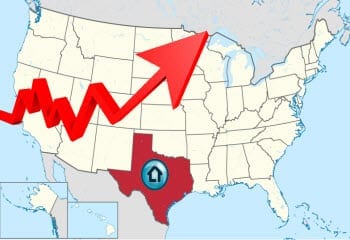 Texas legislators introduce new plan for TWIA
Texas legislators introduce new plan for TWIA
Texas lawmakers have revealed a plan that aims to help solve the problems of the beleaguered Texas Windstorm Insurance Association (TWIA). The state-run insurance provider offers coverage for coastal properties and is typically the only place homeowners in coastal regions can find the coverage they need because of the high risks they represent. TWIA has faced several challenges over the years, most of which have been financial, and lawmakers have been working to solve these problems.
Plan aims to raise funds for state-run insurance provider
The new plan introduced by lawmakers aims to increase the funding behind TWIA while also lessening the financial burden that coastal homeowners face through the state-run organization. The plan was revealed to insurance agents at a recent luncheon with state Senators, who claimed that the plan will be pushed through during the upcoming Legislative session. The plan calls for TWIA to raise some $7 billion, enough to cover a once in 250 years hurricane event.
Funds to be acquired through surcharge on homeowners policies
According to the plan, state lawmakers would be able to institute a surcharge on policyholders over a 14-year period. For homes that cost an average of $500,000 with an average insurance premium of $400, the surcharge is expected to raise the premiums that homeowners pay for their TWIA policies by $4.40. The plan also calls for TWIA to raise $2.7 billion in funds in order to cover the damage associated with hurricanes that are estimated to occur once every 50 years.
Opponents cite economic growth as major concern
Lawmakers believe that the plan could help solve some of the financial problems that are facing TWIA without introducing inordinate burden on policyholders. Without this plan, legislators expect that TWIA will be forced to raise rates exponentially because of the risks associated with hurricanes and the damage they can cause to coastal properties. The plan has its opponents, however, who claim that further taxation on coastal properties will stunt economic growth for some parts of the state.
